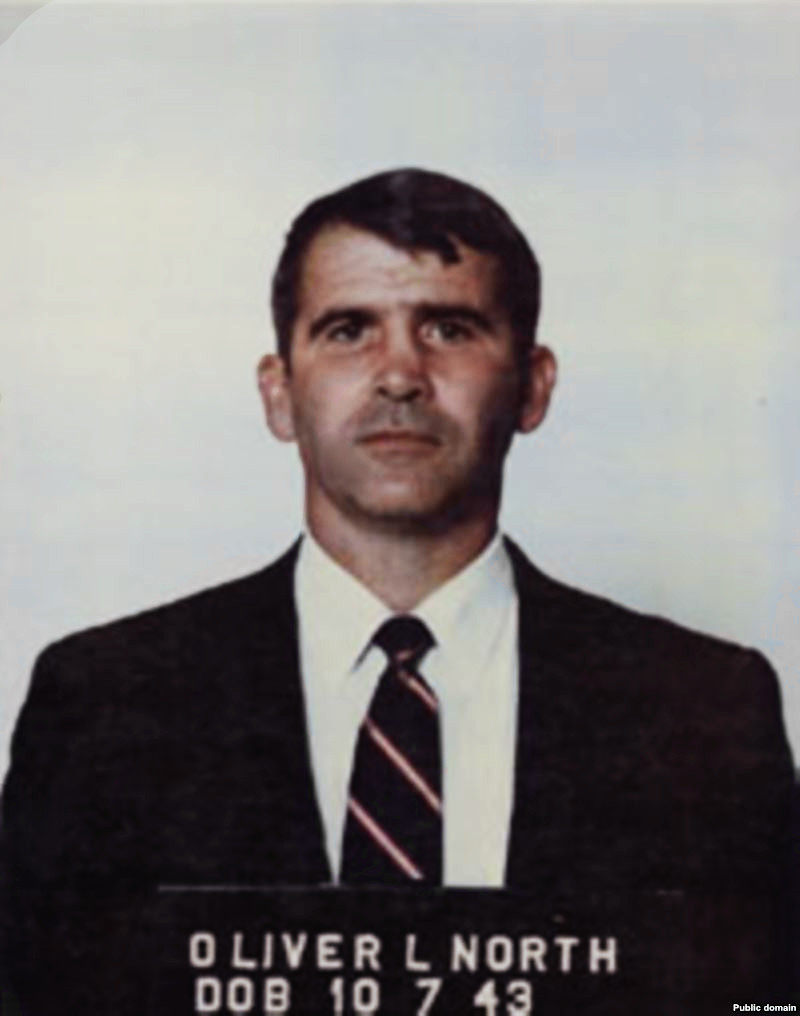“That land over there is yours and you will go back one day because your cause is right and God is on your side.”
These were the words from President Carter’s national security adviser, Zbigniew Brzezinski to the Afghan fighters to rile them against Soviet Union communist government. This was a war of two world superpowers United States and USSR. The war called the Cold War because there was no fighting directly between the two superpowers. Instead they manipulated their allies and fought indirectly. For many years the Cold War had fostered economic, political, and military relationships around the entire world. The Cold War served as the defining component that bolster United States foreign policy.

